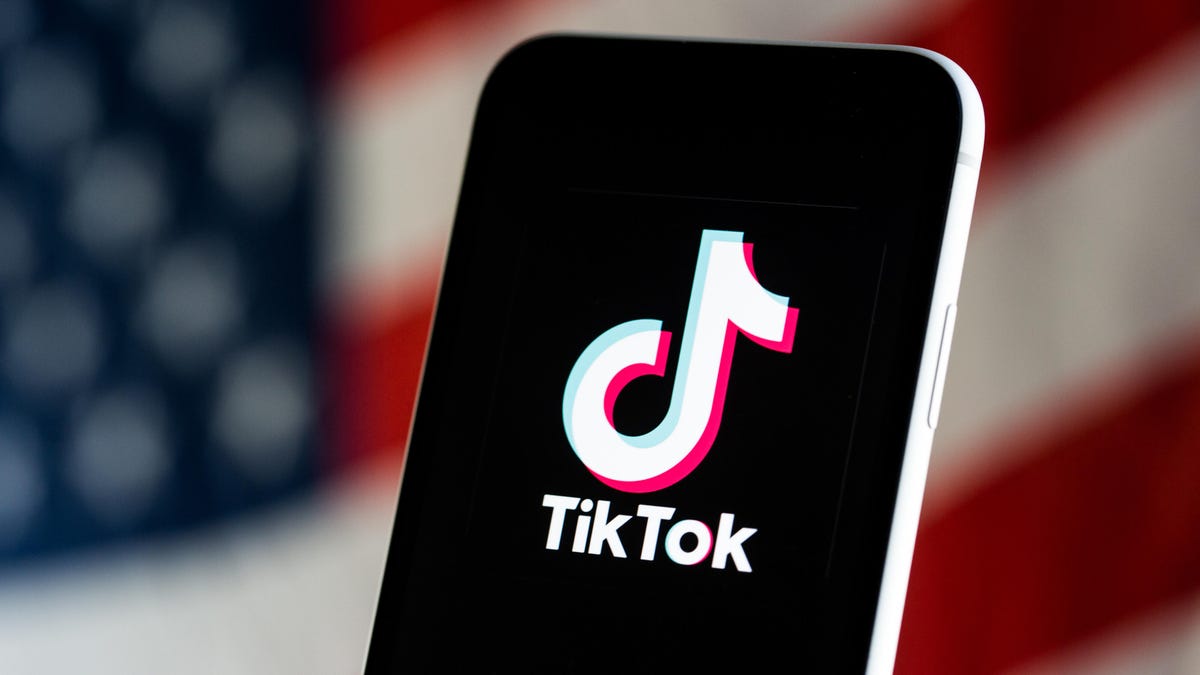Biden Administration Threatens to Ban TikTok if It's Not Sold
Lawmakers have grown increasingly concerned that the Chinese government could get access to US users' data.

The Biden administration has demanded that TikTok's Chinese ownership sell their stake in the popular app or face a possible ban in the US, TikTok representatives confirmed Wednesday. The move comes as US officials have increasingly raised concerns that data from users in the US could be passed on to China's government.
The demand for TikTok's sale was recently lodged by the Committee on Foreign Investment in the United States, a multiagency federal task force that reviews mergers that could result in a foreign company controlling an American business, sources told The Wall Street Journal, which reported the demand earlier Wednesday. A chief concern among officials is that the Chinese government could use TikTok to dictate what content is or isn't shown on the platform in a bid to influence popular public opinion in the US.
TikTok, a popular short-form video app owned by Chinese tech company ByteDance, is widely popular in the US, especially among teens, competing with platforms such as Facebook-owned Instagram and Google-owned YouTube. About 67% of US teens say they've used TikTok, according to a 2022 survey released by the Pew Research Center.
The rising popularity of the app has only increased fears among lawmakers and the US government about what data TikTok collects and shares about its 100 million monthly American users. Earlier this month, the House Foreign Affairs Committee voted to advance a bill that House Republicans say would empower President Joe Biden's administration to ban TikTok nationwide.
Meanwhile, TikTok has been meeting with US lawmakers and told them about a $1.5 billion plan to reorganize TikTok's US business, The Wall Street Journal reported in January.
"If protecting national security is the objective, divestment doesn't solve the problem: a change in ownership would not impose any new restrictions on data flows or access, " TikTok spokeswoman Hilary McQuaide said in a statement.
"The best way to address concerns about national security is with the transparent, U.S.-based protection of U.S. user data and systems, with robust third-party monitoring, vetting, and verification, which we are already implementing," McQuaide said.
TikTok has repeatedly said it doesn't share data with the Chinese government, but the company's remarks haven't been enough to appease lawmakers. In November, FBI Director Christopher Wray said the app could be used to "control data collection on millions of users, or control the recommendation algorithm, which could be used for influence operations if they so choose, or to control software on millions of devices."
In December, US lawmakers banned the app from government devices. Other countries -- including Canada, EU member states and Taiwan -- have taken similar steps. The app has also been banned from being used on government-issued devices or networks in some states including Virginia and Georgia, with some universities in Georgia, Oklahoma and Alabama similarly preventing access on campus computers and networks.
Concerns over TikTok's ownership and national security are not new. The Trump administration pushed unsuccessfully for banning the social media platform in the US, but that effort was ultimately blocked by the courts.
The Treasury Department, which leads CFIUS, and the White House didn't immediately responded to a request for comment.

